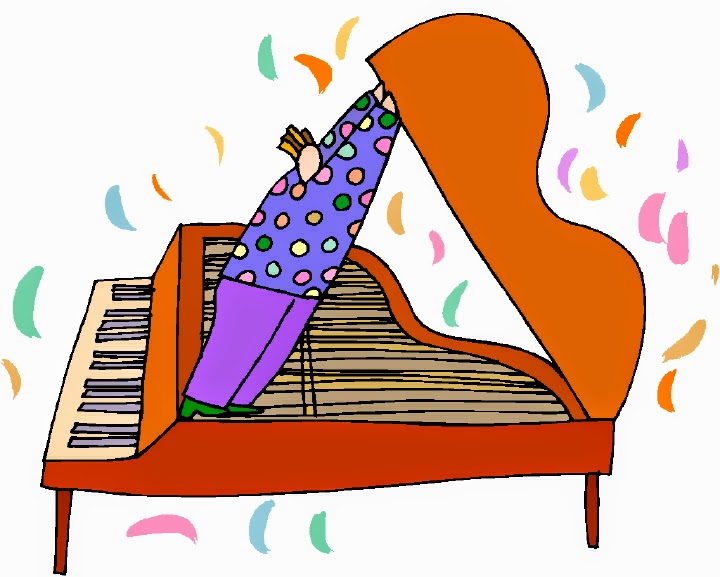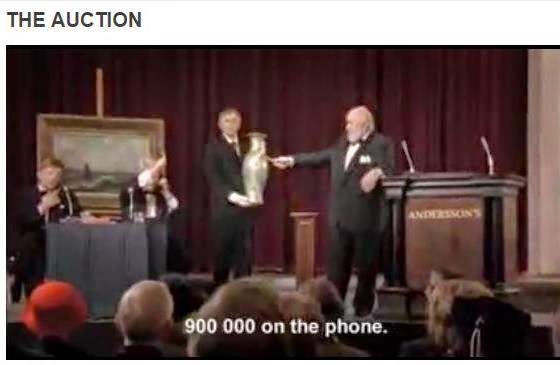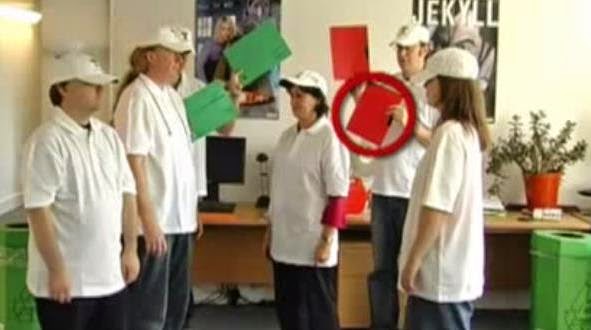 |
| embarrassed or pregnant??! ¿cometes este error en inglés? |
¿Has tenido problemas con los False Friends ENGLISH SPANISH? ¿Cometes esos errores del vocabulario en inglés tan frecuentes y tan (a veces) graciosos con las palabras que parecen guardar parentesco con el español, pero que en realidad tienen un significado muy distinto?
Hoy vamos a examinar algunos de estas palabras tramposas ya que no identificar un false friend suele dar lugar a ¡¡una gran confusión!!
En la mente de Pablo, esto se traduce en ‘Podrías traerme algo de medicina? Estoy muy constipado así que me quedaré en el hotel todo el día’. ¿Pero es así en inglés? Veremos…
Al cabo de un rato, Sarah llega al hotel y deja una caja de laxantes en la mesilla, mientras que Pablo, que esperaba algo de ibuprofeno, se queda con cara de póquer y no sabe qué decir.
¿Qué ha pasado? ¡Muy fácil, Pablo no se había estudiado sus ‘false friends’!
¡¡Yikes!!
I’m embarrased = Tengo vergüenza no es igual que…
Estoy embarazada = I’m pregnant
Carpet = Alfombra no es igual que…
Lentils = Lentejas no es igual que…
To molest = Acosar sexualmente no es igual que…
Casualty = Baja (muertes en guerras, accidentes…) no es igual que…
Preservatives = Conservantes no es igual que…
Actually = Realmente no es igual que…
To assist = Ayudar no es igual que…
Fabric = Tejido no es igual que…
Arena = Estadio no es igual que…
Cocoa = Cacao no es igual que…
College = Facultad universitaria no es igual que…
Contest = Concurso no es igual que…
Sensible = Sensato no es igual que…
By heart = De memoria no es igual que..
Más vocabulario en inglés en estos posts:
Sports verbs
Say or Tell?
Out or Ouside?











